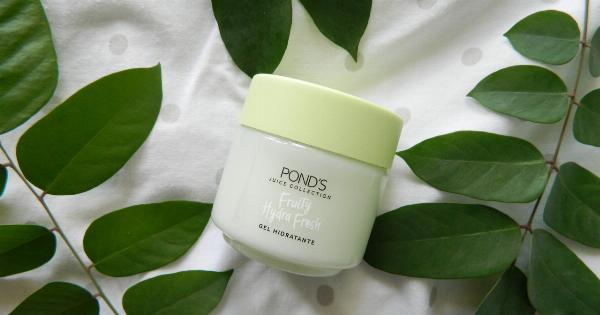Aging is a natural process that we all experience, but did you know that some of our everyday habits can actually accelerate the aging process? From neglecting skincare to unhealthy lifestyle choices, certain behaviors can contribute to premature aging of the skin and make us look older than we actually are. In this article, we will explore six common age-accelerating habits that you should steer clear of if you want to maintain a youthful and vibrant appearance.
Habit 1: Excessive Sun Exposure
Spending too much time in the sun without proper sun protection can lead to serious skin damage and premature aging.
The harmful UV rays emitted by the sun can break down collagen and elastin, which are proteins responsible for maintaining the skin’s elasticity and firmness. Over time, this can result in the formation of wrinkles, fine lines, age spots, and sagging skin.
To prevent sun-induced aging, make sure to always wear a broad-spectrum sunscreen with a high SPF, seek shade when the sun is at its peak, and wear protective clothing such as hats and sunglasses.
Habit 2: Smoking
Smoking not only poses serious health risks but also accelerates the aging process. The toxic chemicals in cigarettes can diminish blood flow to the skin, depriving it of essential nutrients and oxygen. This leads to a dull, dry, and uneven complexion.
Additionally, smoking increases the production of free radicals in the body, which can damage collagen and elastin fibers, leading to the formation of deep wrinkles and fine lines. Quitting smoking is not only beneficial for your overall health but also for maintaining a youthful appearance.
Habit 3: Inadequate Skincare Routine
Another age-accelerating habit is neglecting a proper skincare routine. Failing to cleanse, moisturize, and protect your skin can result in a myriad of issues such as clogged pores, acne, uneven texture, and dryness.
It is crucial to establish a skincare routine that is tailored to your skin type and concerns. This should include cleansing twice a day, exfoliating regularly, moisturizing daily, and applying sunscreen as the final step in your daytime skincare regimen.
Habit 4: Poor Diet
Your diet plays a significant role in the health and appearance of your skin. Consuming excessive amounts of sugary and processed foods can lead to inflammation in the body, which can manifest as acne, redness, and accelerated aging.
On the other hand, a diet rich in antioxidants, vitamins, and minerals can help promote healthy skin and delay the onset of wrinkles. Incorporate foods like fruits, vegetables, lean proteins, and healthy fats into your diet to nourish your skin from within.
Habit 5: Lack of Sleep
Sleep deprivation can wreak havoc on your skin and accelerate the aging process. When you don’t get enough sleep, your body produces excess cortisol, a stress hormone that can break down collagen and elastin.
This can result in the appearance of fine lines, dullness, and sagging skin. Strive to get at least 7-8 hours of quality sleep each night to allow your skin to repair and regenerate.
Habit 6: Chronic Stress
High levels of chronic stress can take a toll on your skin’s health and contribute to premature aging.
Stress triggers the release of cortisol, which can impair the skin’s barrier function and lead to increased sensitivity, dryness, and a compromised complexion. Finding healthy ways to manage stress, such as regular exercise, meditation, or engaging in hobbies, can help maintain a youthful and glowing complexion.
Avoiding these age-accelerating habits is essential for maintaining youthful-looking skin. By making conscious choices to protect and care for your skin, you can slow down the aging process and enjoy a radiant complexion for years to come.





























